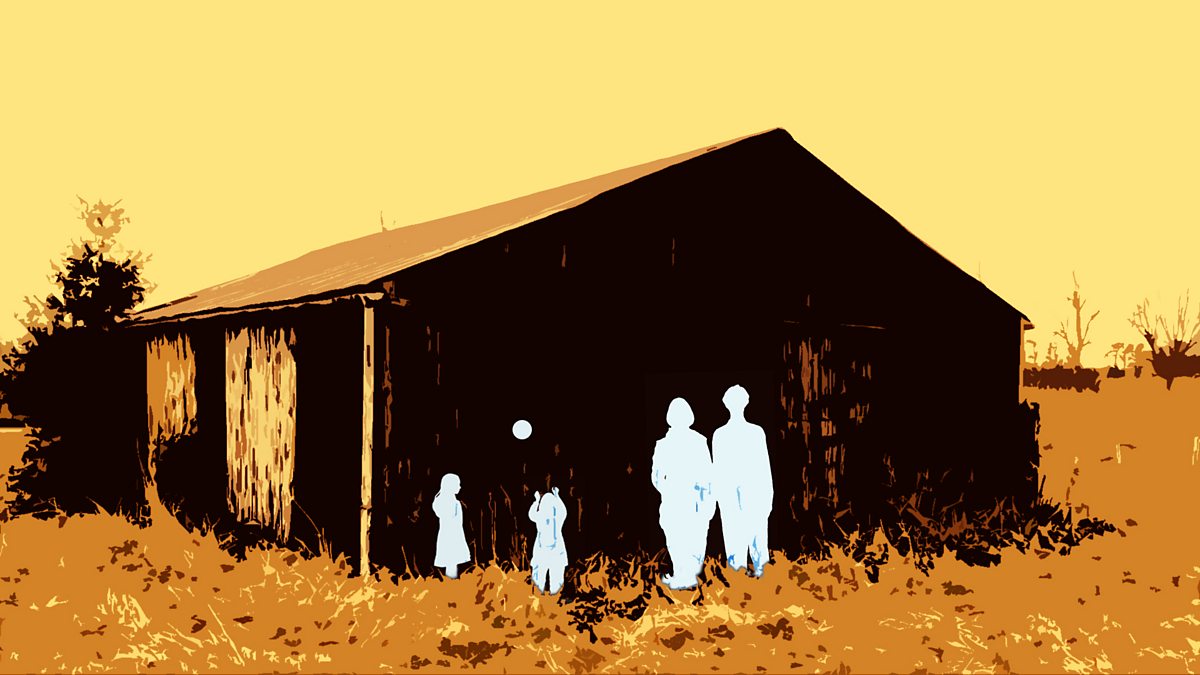There Will Come Soft Rains by Ray Bradbury
Ray Bradbury’s “There Will Come Soft Rains” is a short story written about a post-apocalyptic world in which only a house waiting for its owners remains.
The house is extremely lively as it runs through a set routine of daily chores. One of the most unsettling lines in, “There Will Come Soft Rains,” occurs right at the start of the story; as the house announces “Today is August 4, 2026,” to an empty room. I got an eerie feeling since Ray Bradbury’s self-proclaimed doomsday has not yet passed. The story was written in 1950 and if I had to guess referenced World War II, which had just ended in 1945.
The beginning few paragraphs describing the house portray an empty or sad feeling from the robots; it feels as if the house misses its owners. The stove produces a hissing sigh cooking food never to be eaten and little robotic mice clean nonexistent dirt from the floors. Ray Bradbury wrote exceptionally well to make an inanimate object relatable. I can vividly imagine the sorrow the house must feel to never be able to complete the task it’s made to do.
Sickeningly, the image of the owners is preserved on the side of the white house as ash; almost like a photograph of life. The saddest part I read was of the family’s dog; who is allowed inside the house, but dies soon after from possible starvation. The paragraph where the dog travels to each door crying out for its owners is heartbreaking. If the house does almost every chore, including cooking, why wasn’t the dog fed? Nowhere in the daily routine provides him food, so I find this a little odd. As a sudden fire strikes and rips through the house, the water systems fail due to its own daily routine, it seems to target the house’s control systems as if it had a mind of its own.
This led me to the main moral I gathered from the story: Nature always wins. Interestingly, throughout the story, different actions and places are depicted as animals. I interpreted this as a possible foreshadowing of the house’s demise and return to nature or nature is ever ongoing. The short nursery poem read is the main clue to the idea that nature is harsh and always wins. It comments on no one caring if the human race were to disappear; I thought it was grim that this poem was the favorite of the little girl of the house. I really enjoyed reading this story and analyzing the undertones.
Overall I thought “There Will Come Soft Rains,” was a striking story of the dangers of what could happen if technology advances. A warning that as technology improves, the good and bad sides do as well. Daily life, the good side, could be simple and helpful; although, war and advancements in technological warfare will as well. I understand this story as Ray Bradbury’s attempt to ask the audience, when is it enough? When do we draw the boundary on technological improvements? When will what we currently have satiate what could be?

Leave a Reply